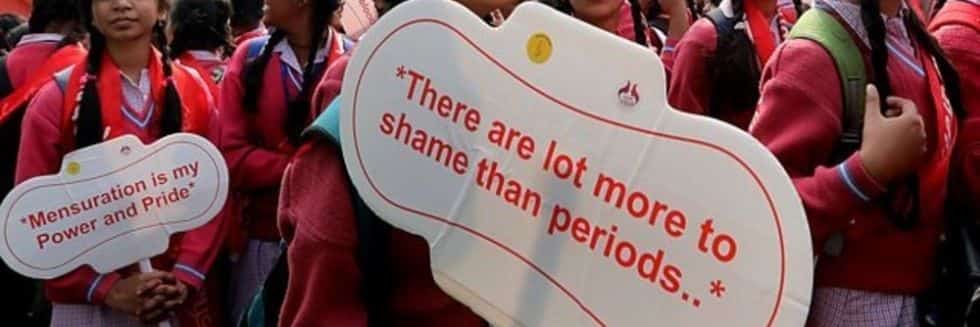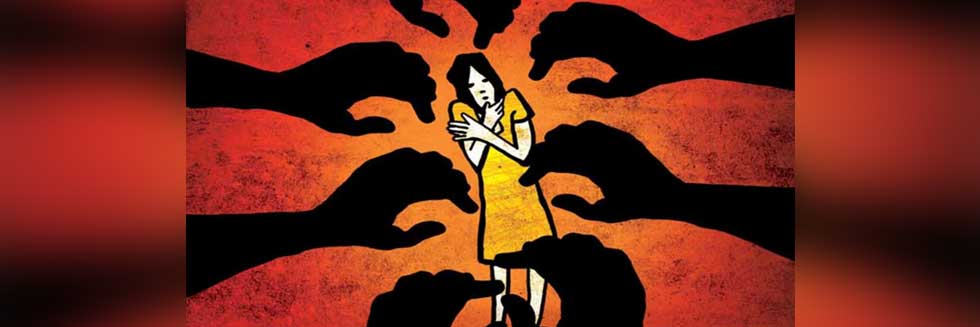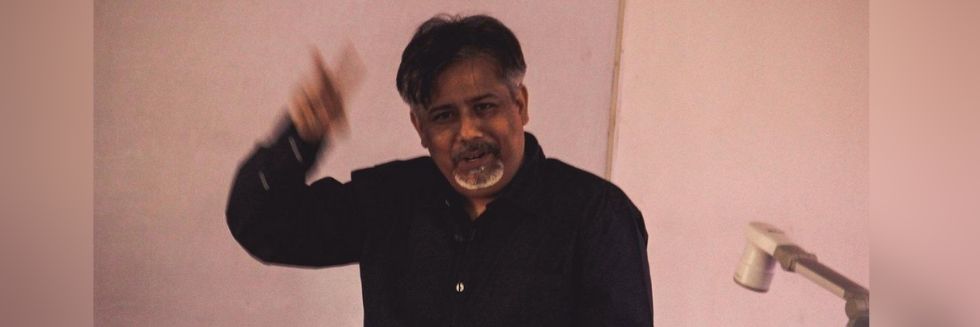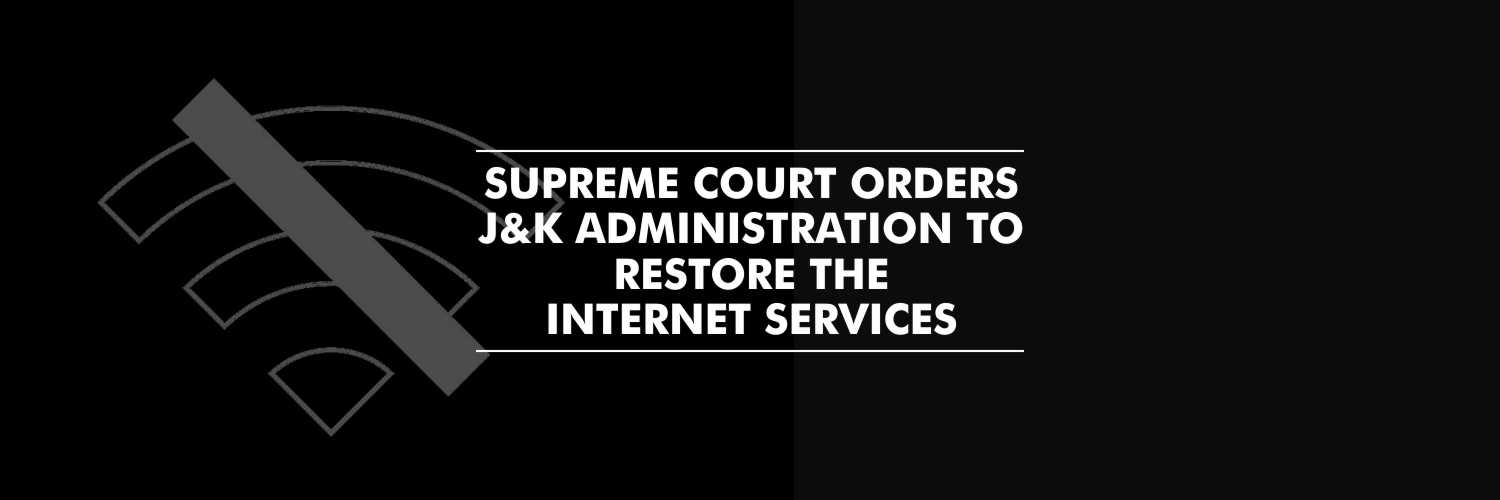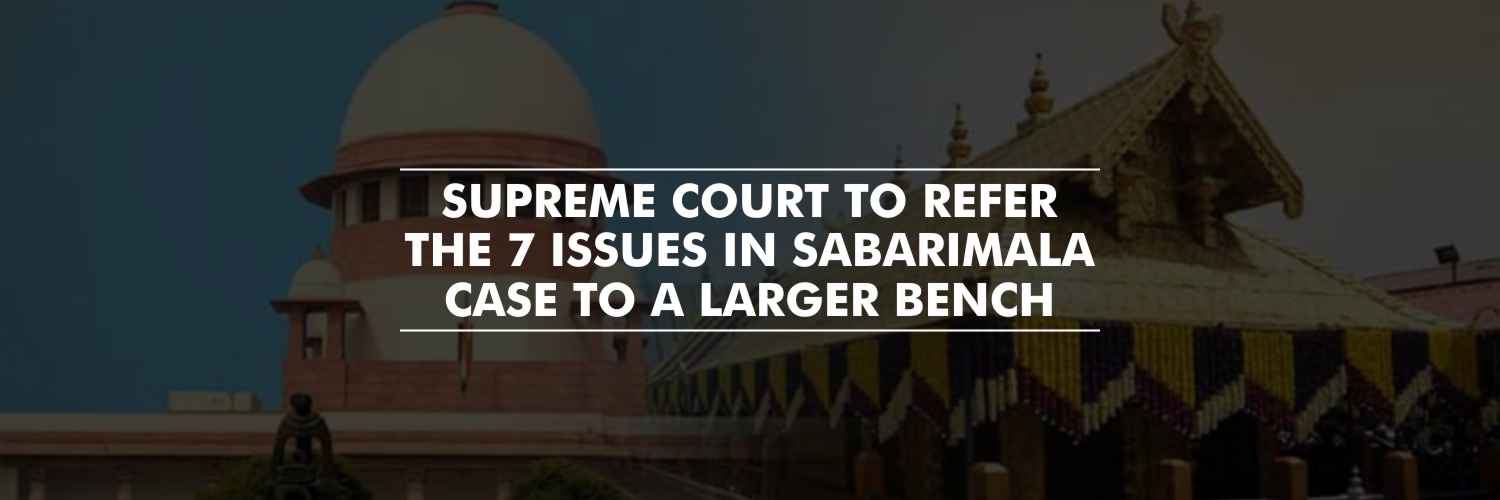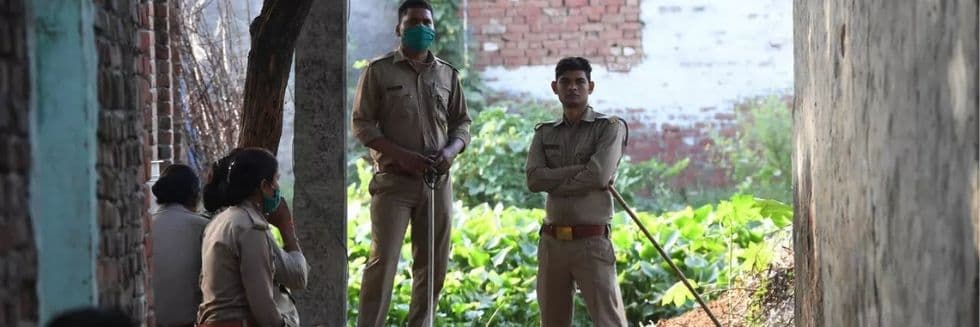Gujarat High Court has proposed a set of guidelines that the state government should follow to end the menstruation taboo around women and girls, leading to their exclusion and discrimination in the society.
The nine-point guidelines are proposed by the division bench of Justice J B Pardiwala and Justice Ilesh J Vora while hearing a public interest litigation (PIL) moved by Nirjhari Mukul Sinha seeking directions to formulate a law to specifically deal with the exclusionary practice against women on the basis of their menstrual status.
The petition was moved taking note of the incident of Shree Sahjanand Girls Institute where 68 girls in the hostel in Bhuj town of Kutch were paraded through the college into the restroom and forced to remove their undergarments to prove that they were not menstruating in February 2020.
The division bench has issued notice to the state and union governments as well as Sahajanand Girls Institute and Nar Narayan Dev sansthan in Ahmedabad. The High Court has also sought the opinion of Centre and state governments over the proposed guidelines.
The bench has issued directions to take concrete action to end the discrimination against menstruating women at all places, be it private or public, religious or educational.
“The State Government should prohibit all educational institutions, hostels and living spaces for women-studying working and others, private or public, by whatever name called, from following social exclusion of women on the basis of their menstrual status in any manner…The State Government should undertake surprise checks, create an appropriate mechanism and to take such other actions, steps as may be necessary to ensure its compliance including the imposition of an appropriate penalty against the erring institution,” observed the bench.
While proposing the guidelines, the bench mentioned that all the religions (except Sikhism) refer to a menstruating woman as “ritually unclean” and directed the state government to spread awareness among various strata of citizens, including health workers, adolescents, parents and other such stakeholders, regarding the social exclusion of women based on their menstrual status.
The bench proposed that the awareness can be spread through posters at public places, including it in the school curriculum, using audiovisual mediums like radio, entertainment or news channels, short films etc.
“Such taboos about menstruation present in many societies impact on girls’ and women’s emotional state, mentality and lifestyle and most importantly,” noted the division bench.
